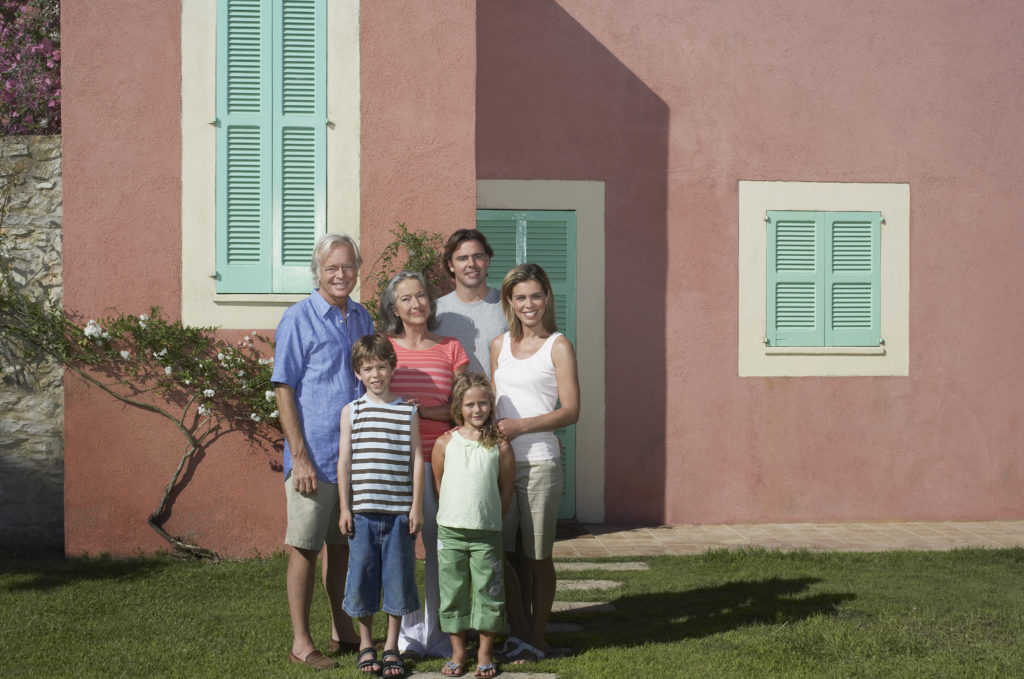
Many affluent baby boomers are turning to estate planners for help in deciding what to do with their large homes. The New York Times (August 27, 2017) asks, "Sell and downsize to leave a larger pot of cash for heirs to divide? Deed the house or apartment to your adult children now to avoid squabbling after you're gone. If so, where do you live in the meantime?"
While many people simply leave their homes to their children in their wills (a solid option when all the siblings get along and agree on what to do with the house), a growing number are creating trusts to minimize costs and avoid some of the delays that can occur during the asset-transfer period after they're gone. The NYT article quotes financial planner Victoria Fillet Konrad, who says, "If you're looking for a smooth transition from one generation to the next without fights and the high cost of probate, it's best to set up a trust,"
Between 5 and 15 percent of the total value of an estate goes to pay probate and legal fees. Those costs can be reduced by setting up a trust, the costs can be paid up front, and the children named as beneficiaries don't have to go through probate after their parents pass away.
People with high-value homes can consider setting up a Qualified Personal Residence Trust, which lets homeowners give the property to beneficiaries at a fraction of the value of the property, which helps significantly reduce the estate tax burden.
Whatever your situation (regardless of age, home value, heirs, and other factors), it's a helpful exercise to discuss with your spouse and your children the best way to sell or otherwise deal with the family home. It can save a lot of time, trouble and tears later on.
Contact us and we'll help you find a qualified trust attorney in your area and guide you to other resources to help you during this emotionally challenging but important process.
